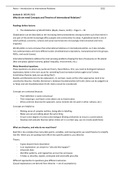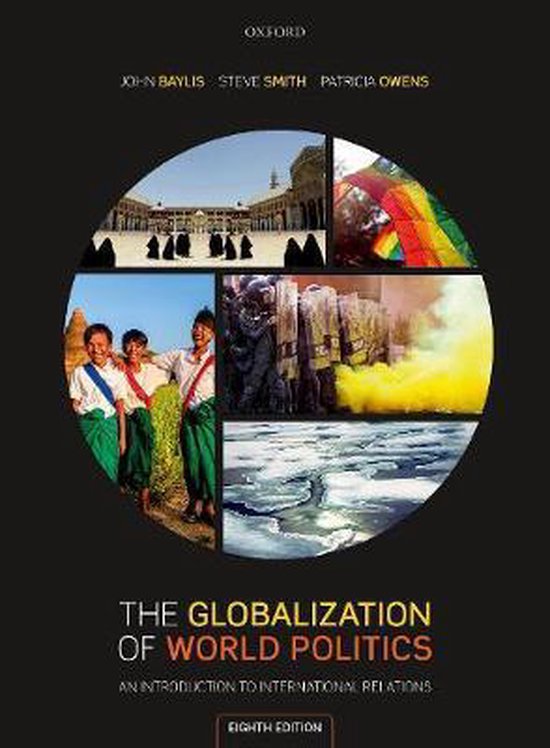Class notes
Introduction to International Relations (IIR) all Lecture + Reading Notes - GRADE 8,5
- Course
- Institution
- Book
Summary for the final exam (2022) material for Introduction to International Relations (IIR). INCLUDES notes on parts 1 to 5 of John Baylis, Steve Smith and Patricia Owens' textbook "The Globalization of World Politics: An Introduction to International Relations (8th Edition)", and all lecture notes
[Show more]




